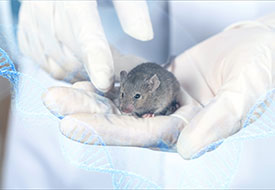
Animal Care and Use Occupational Health & Safety Program
This program is intended to include all aspects of occupational health and safety as it relates to animal care and use.

This program is intended to include all aspects of occupational health and safety as it relates to animal care and use.

Brown University’s Institutional Biosafety Committee (IBC) is responsible for regulating the use of biohazardous agents to ensure compliance with appropriate regulations and guidelines and to safeguard the health and safety of Brown University personnel and the community.

Shipments of certain biological materials are regulated domestically by the Department of Transportation (DOT) as well as the Federal Aviation Administration (FAA), and the International Air Transportation Association (IATA), if sent internationally. Carrying biological materials on one’s person onto an aircraft is prohibited. All biological materials must be properly packaged and checked as luggage or transported via a courier.
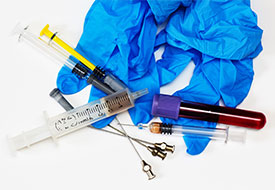
Biological waste is any material that contains or has been contaminated by a biohazardous agent. Biological waste includes, but is not limited to; Petri dishes, surgical wraps, culture tubes, syringes, needles, blood vials, absorbent material, personal protective equipment and pipette tips. These items must be disposed of properly. EHS provides a service to pick up and dispose of biological waste.
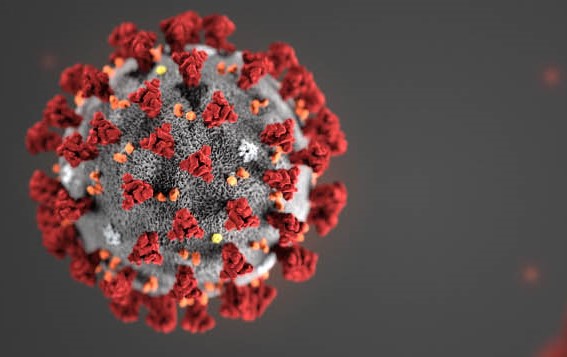
Laboratories using PCR to amplify the SARS-CoV-2 N gene must adhere to strict procedures for preventing contamination of lab space and personnel with these amplified fragments (amplicons) that may trigger a laboratory-associated positive COVID-19 test result. Please see the attached guidelines for best practices to prevent contamination of laboratories and research personnel with SARS-CoV-2 genomic fragments.
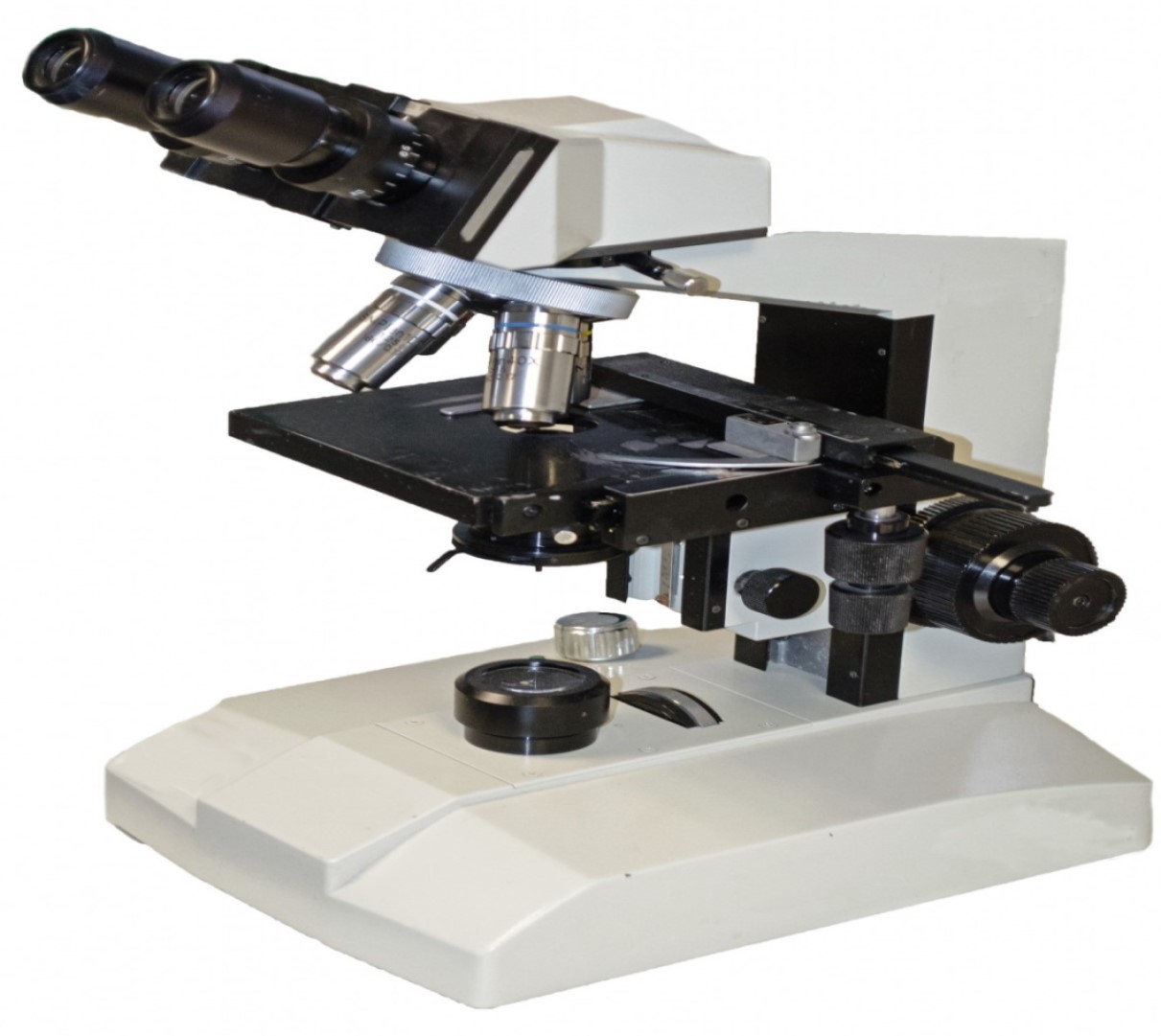
Biological toxins are poisons, either naturally derived from an animal, plant or microbial source or synthetically derived, that cause death or severe incapacitation at relatively low exposure levels. Please see the attached guidelines for best practices to safely handle toxins.
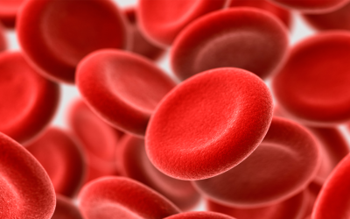
The purpose of the Bloodborne Pathogens Program is to establish policy, procedures and dissemination of information to Brown faculty, staff and students with occupational exposure to human/non-human primate blood, tissue, cells, media, Other Potentially Infectious Materials (OPIM), bodily fluids (including urine, feces, vomit, sputum, sweat and tears), and undifferentiated fluids.